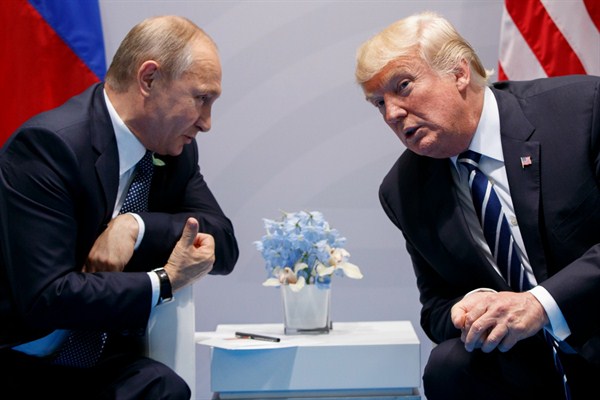The United States has been the pre-eminent external actor in the Middle East since Egyptian President Anwar Sadat expelled his Soviet advisers and benefactors and turned to Washington in the 1970s. But America’s role is contracting, by design and by default. Russia and China insist they do not want to replace the U.S. in the Middle East, but they are still intent on expanding their regional influence.
The shifting fortunes among the three global greats—the U.S., Russia and China—are playing out in the Middle East today. The U.S. has indisputably dominated the scene, from its military presence in the Gulf and its decades-long diplomatic efforts to improve peace and security for the region. The Iraq War, however, was a turning point, when U.S. attempts to transform the region by force turned into a disastrous disruption that has seared the states and societies of the Arab heartland, eroding trust and goodwill toward America.
Despite some recent good news, with American leadership and military prowess helping oust the so-called Islamic State from its control of major cities in Iraq and Syria, Arab politicians and pundits are torn between hoping for continued American engagement and seeking alternatives. Like elites in other regions, they are mystified by the uncertainties of current American foreign policy and beginning to hedge against them by diversifying external partnerships and developing more self-reliance. Those who still see the West as a desirable model express dismay that Western countries could not figure out how to buttress the Arab Spring but found singular focus in confronting the Islamic State.

